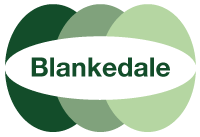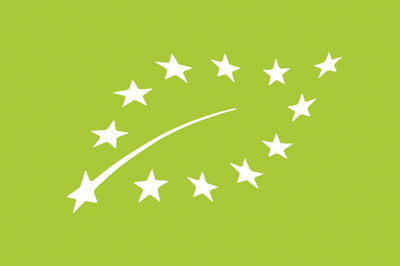Certification
ISO 9001
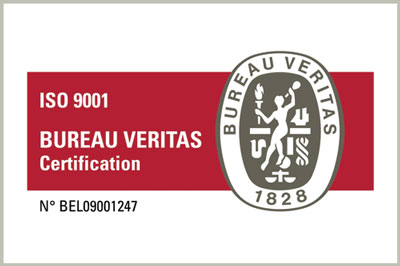
- Packaging and assembly of windscreen wipers (since 1997)
- Woodwork (since 2009)
ISO 9001-2008 is a standard that imposes requirements on the quality management system of an organisation and the manner in which the organisation implements its quality policy.
For example, the quality policy must be set out in writing and communicated to all employees. The organisation must strive to increase customer satisfaction by meeting the requirements and desires of its customers and fulfilling the applicable legal obligations for the product or service provided by the organisation. The organisation also has to manage its business processes and be able to demonstrate this.
After an external audit is performed, the organisation may receive a certificate proving that it complies with the requirements set out by the standard. This certification demonstrates to the organisation and its customers that the organisation takes a predefined, structured approach towards quality management (care, control and assurance). However, this is not a guarantee for a high-quality product.
Source: wikipedia.org
Organic production
If you choose to purchase organic products, you should be able to trust that you are getting value for money. The organic logos and information on the label give you this guarantee.
The system of regulations regarding logos and label information has been developed to be able to guarantee to customers that the organic products they are purchasing are in full compliance with the EU-regulation on Organic Farming. If products are imported, they must meet the same or equivalent regulations.
Strict rules apply to labels and logos for organic products. They may only be used in Europe subject to strict procedures.
Conventional farmers must first undergo a conversion period of at least two years before being able to produce agricultural goods that are permitted to be marketed as ‘organic’. If they wish to produce both conventional and organic produce, they must be able to demonstrate that these two production methods are kept strictly separate during each stage of production.
The entire organic production chain – from farmer to retailer – must adhere to the provisions of the EU Regulation. All parties are subject to inspections by an EU inspection body or another control authority in order to ensure compliance with the regulations.
Successful companies then receive certification that enables them to label their products as organic.
Source: http://ec.europa.eu/agriculture/organic/home_nl
BRCGS
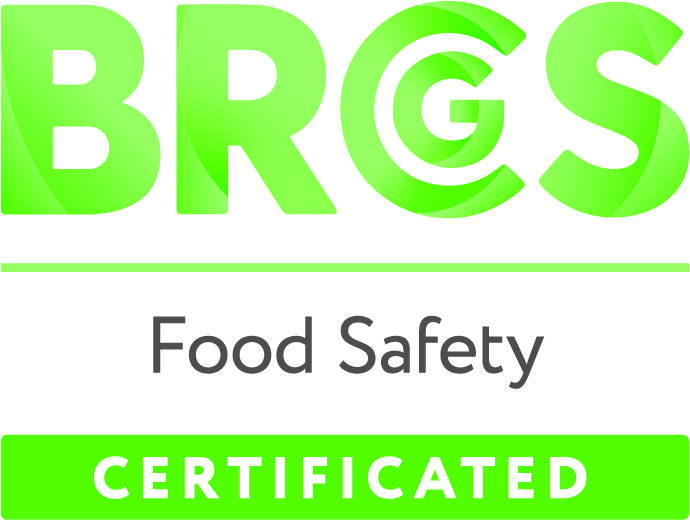
- Packaging of frozen goods
BRCGS is one of the largest trade associations in the United Kingdom. It represents all types of retailer, from small, independent stores to major retail chains. In fact, it represents 90% of all retail trade in the UK in terms of revenue.
BRCGS runs campaigns for the retail industry. It sets standards for producers to comply with in various product areas, e.g. food. Companies that export their goods to the UK must meet the BRCGS standards by becoming certified by officials in their own country. Companies that deliver goods to supermarkets with their own food brand often have to meet the standards set by BRCGS. In effect, these standards serve as industry-wide criteria for quality and food safety.
Source: Wikipedia.org
Links: http://www.brcglobalstandards.com/
FSC, Forest Stewardship Council,
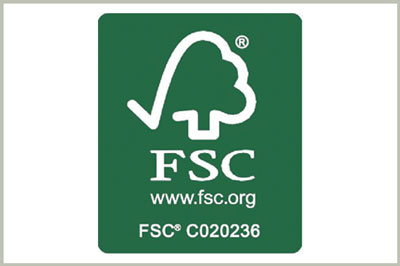
- Processing of FSC® certified wood into FSC® certified products
FSC® stands for ‘Forest Stewardship Council’. It is an international, independent, non-governmental, non-profit organisation. It was founded in 1993 by forest owners, the timber industry, social movements and environmental organisations. The aim of the FSC® is to facilitate responsible forest management around the world.
FSC® Chain of Custody certification
When wood and forestry products are sourced from a FSC® forest, they are at the start of a long journey. Wood and paper products pass through the hands of various companies before the customer receives the end product. To provide the end customer with the guarantee that the product really is FSC® certified, verification along the commercial chain is required: the FSC® Chain of Custody certification.
Who needs to be certified?
If a company wishes to purchase, treat or resell FSC® products while retaining the FSC® claim, the company must be FSC certified. This also applies to all companies at an earlier stage in the chain. Companies wishing to market FSC® products therefore require an FSC® Chain of Custody certificate.
Exceptions apply to companies who do not become the owner of the products, e.g. certain agents (working on commission), storage companies and transport firms. The retail industry is also exempt from FSC® Chain of Custody certification in specific cases. As expected, the end user (professional or private customer) does not have to be certified either.
What does FSC® certification mean in practice?
FSC® has established guidelines for the certification of the FSC® Chain of Custody. It is imperative that all FSC® products and product flows are fully traceable and identifiable by your company, and remain clearly separate from non-certified products where necessary.
For more practical information about FSC® CoC certification, please contact FSC® Belgium.
Source: http://www.fsc.be
